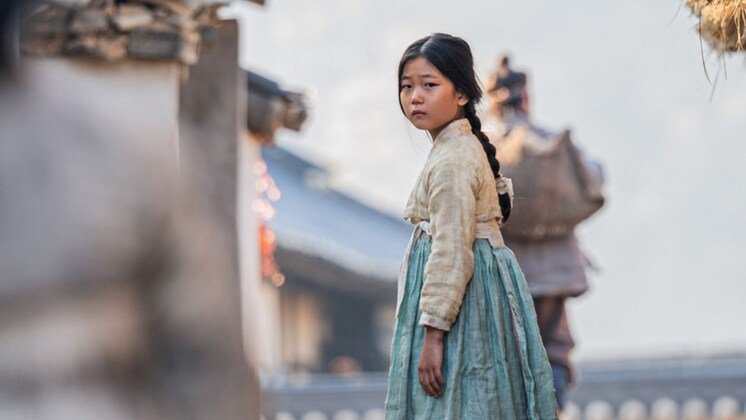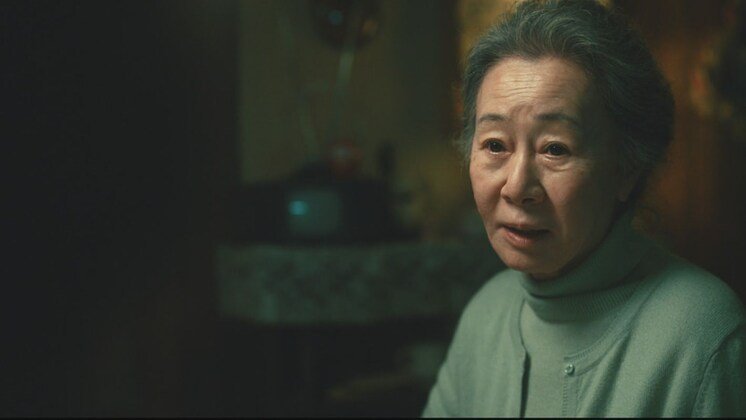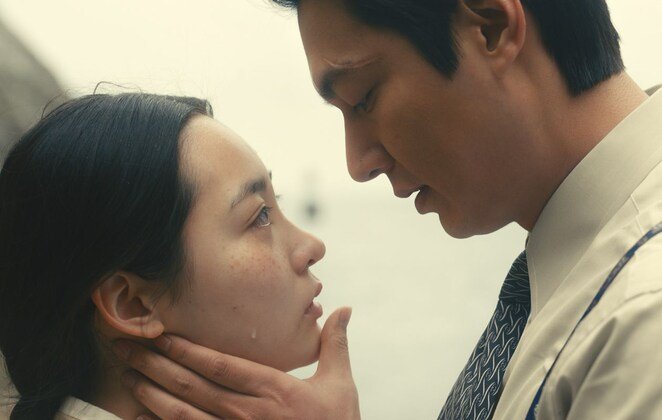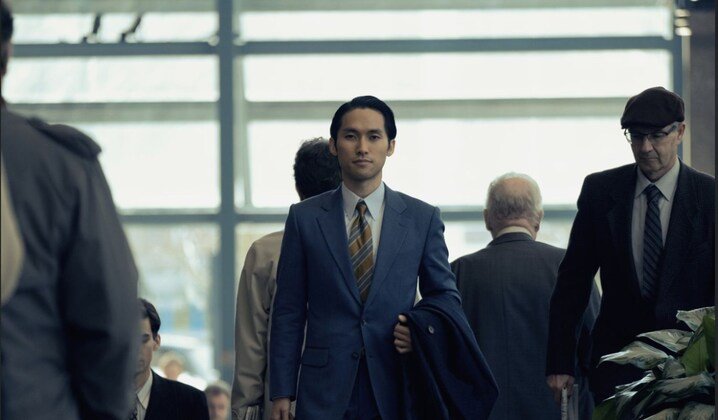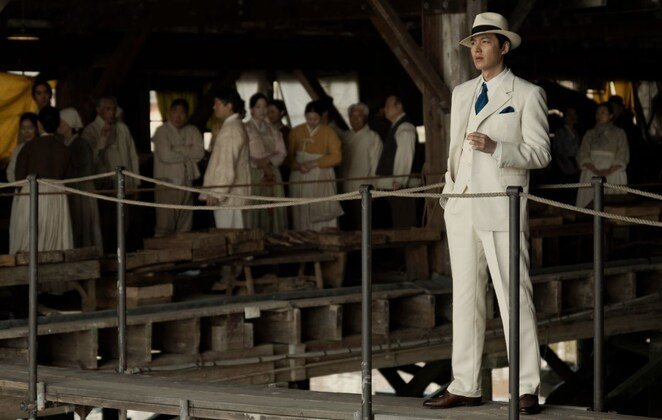Pachinko Story:-
In the fourth episode of “Pachinko,” an emotionally poignant moment unfolds as a young woman named Sunja is served white rice as her final meal in Korea before embarking on a journey into the unknown. This scene holds symbolic weight, as Sunja, portrayed by Minha Kim, has already endured significant hardships, and the meal prepared by her mother, played by Inji Jeong, carries deep emotional significance. What adds to the impact of this moment is our knowledge, revealed in the previous episode, that Sunja, now portrayed in old age by Oscar-winner Yuh-Jung Youn, fondly reminisced about the superior quality of Korean rice, describing its unique flavor and texture as a cherished luxury.
Movie Ratings
| Release Date | 25 March 2022 |
| Language | English, Korean, Japanese |
| Genre | Drama |
| Episodes | 8 |
| Cast | Youn Yuh-jung, Kim Min-ha, Jeon Yu-na, Lee Min-ho, Jin Ha, Yoon Seo-ho, Anna Sawai, Soji Arai, Kaho Minami, Steve Sanghyun Noh, Jung Eun-chae, Felice Choi, Jeong In-ji, Mari Yamamoto, Ian H.W. Kim, Jimmi Simpson, Yeji Yeon, Han Joon-woo |
| Director | Kogonada, Justin Chon |
| Writer | Soo Hugh, Min Jin Lee |
| Cinematography | Florian Hoffmeister |
| Music | Michael Hill |
| Producer | Soo Hugh, Kogonada, Justin Chon, Michael Ellenberg, Lindsey Springer, Theresa Kang-Lowe, Dani Gorin, Richard Middleton, David Kim, Sebastian Lee, Jordan Murcia |
| Production | Media Res, Blue Marble Pictures |
| Certificate | 18+ |
This scene exemplifies how “Pachinko” elegantly utilizes its central narrative device, which involves navigating through time and geography. Sunja’s lifelong recollection of the nuances in the taste of rice between her birthplace in Korea and her adopted home in Japan adds layers of depth and resonance to the storytelling. However, while these connections between past and present enhance certain moments, the fragmented narrative structure of the series can pose challenges for both the actors and the audience, particularly for those unfamiliar with the source material, Min Jin Lee’s 2017 novel.
At its core, “Pachinko” is a story of emotional depth set against the backdrop of historical events. We follow Sunja’s journey as she grapples with love, duty, and the consequences of her choices amidst societal constraints. Yuh-Jung Youn delivers compelling performances in her interactions with her character’s son and grandson, played by Soji Arai and Jin Ha, respectively. The storyline involving Sunja’s grandson, Solomon, introduces themes of globalization and belonging, exploring the complexities of identity and heritage in a changing world.
While individual scenes in “Pachinko” can be captivating and richly textured, there are moments where the narrative feels disjointed or overly fragmented. The series occasionally relies on melodramatic storytelling and delayed revelations, which can test the patience of viewers. Despite these shortcomings, the meticulously crafted production design, evocative musical score by Nico Muhly, and stellar performances from the cast contribute to the show’s overall appeal.
Directed by auteurs Kogonada and Justin Chon, “Pachinko” succeeds in creating distinct and immersive worlds across different timelines. However, showrunner Soo Hugh grapples with the daunting task of adapting a sprawling multigenerational novel into a cohesive television series. While “Pachinko” offers moments of profound emotional resonance and thematic depth, it struggles to fully cohere into a seamless narrative experience.
In conclusion, “Pachinko” is a visually stunning and thematically rich exploration of family, identity, and resilience. Despite its occasional narrative flaws, the series remains a compelling and thought-provoking watch, inviting viewers to reflect on the enduring legacies of love and loss across generations.
“Pachinko” premieres Friday, March 25 on Apple TV Plus.
